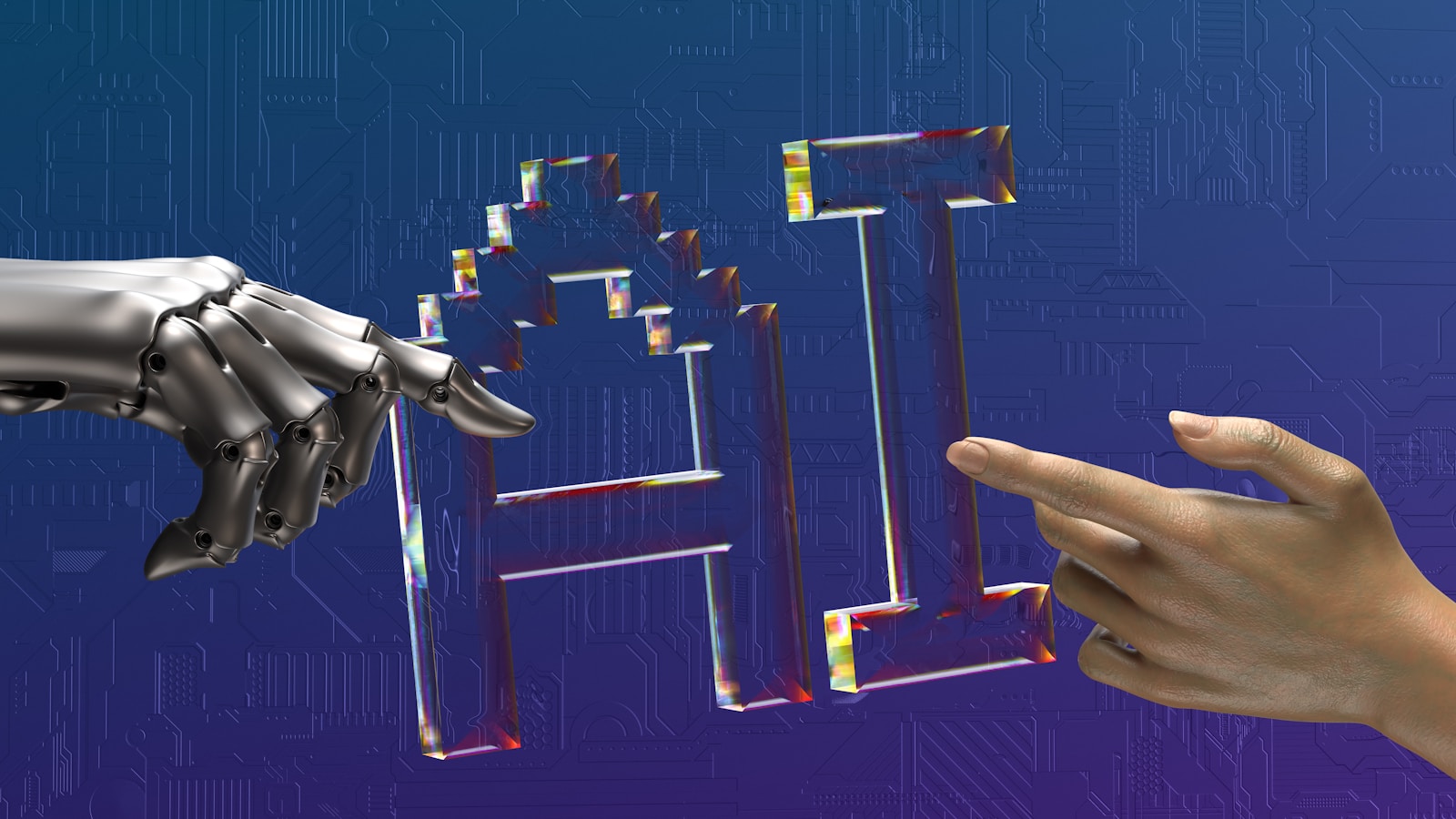Key Takeaways:
• Californian Governor, Gavin Newsom, vetoes the artificial intelligence safety bill, SB 1047.
• Critics of the bill, including tech firms Meta and OpenAI, argue that it could stifle innovation.
• Supporters, such as SpaceX CEO Elon Musk, say that guidelines are necessary to prevent potential future disasters.
• Newsom stated that the legislation might give a “false sense of security,” and promised to work towards feasible protections for AI deployment.
AI Safety Bill Rejected by Governor
California Governor Gavin Newsom vetoed SB 1047, a ground-breaking bill addressing the safety of AI technology. The rejected legislation attempted to regulate AI developers by requiring them to create safety protocols designed to prevent catastrophic occurrences involving advanced AI models.
Impact on AI Developers
Under the provisions of the vetoed bill, AI developers would have been required to submit safety plans to the state attorney general. If AI models directly controlled by these developers caused harm or posed imminent threats to public safety, the creators could become legally liable. The bill also necessitated that tech firms be equipped with a system to deactivate the AI models under their control should things spiral out of control.
Concerns Over ‘False Sense of Security’
Despite the compelling safety goals, Governor Newsom explained his decision to veto the bill as a necessary measure to prevent the public from developing a “false sense of security” concerning the rapid advance of technology. He pointed out that the legislation focused primarily on large-scale and costly AI models and ignored smaller, specialist systems.
Newsom’s Commitment to AI Safety Regulation
However, Newsom reassured that safety regulations for AI technology are still a key priority. His administration has enlisted experts in the field to aid in formulating viable protections for the deployment of AI, with a focus on understanding its capabilities and potential risks. Newsom pledged to maintain cooperation with the Legislature in the forthcoming session to address the same matters.
A Fractured Silicon Valley Responds
The debated bill saw a split response across Silicon Valley. Supporters such as SpaceX’s Elon Musk, the Center for AI Safety, and numerous AI researchers argued for the necessity of guidelines to prevent potential AI-related disasters. Conversely, tech giants such as Meta, OpenAI, and several Democratic politicians including House Speaker, Nancy Pelosi, cautioned against potential constraints on innovation.
Overcoming a Veto: A Major Hurdle
Although a two-thirds vote from both houses has the power to override the veto, accomplishing such a move would be significantly challenging and unusual. Sen. Scott Wiener, who introduced the bill, viewed the veto as a “missed opportunity” for California to pave the way in tech regulation.
Public Response on the Veto
In response to the veto, over 125 entertainment industry leaders, including actor Alec Baldwin and “Bridgerton” executive producer, Shonda Rhimes, signed a letter pressing Newsom to approve the bill. In contrast, Chamber of Progress, an opponent of the bill, aired an AI-generated rock song featuring lyrics such as “veto the chains that hold us down.”
Future of AI Regulation
As the future of AI regulation hangs in the balance, Governor Newsom is poised to continue the dialogue. Aware of the powerful divide caused by the bill, he spoke candidly about the challenges of regulating AI, aiming to balance support innovation and prevent recklessness. As the world anxiously anticipates the repercussions of increasingly advanced AI systems, the evolving interplay between technology and legislation remains a key focal point in the years to come.
